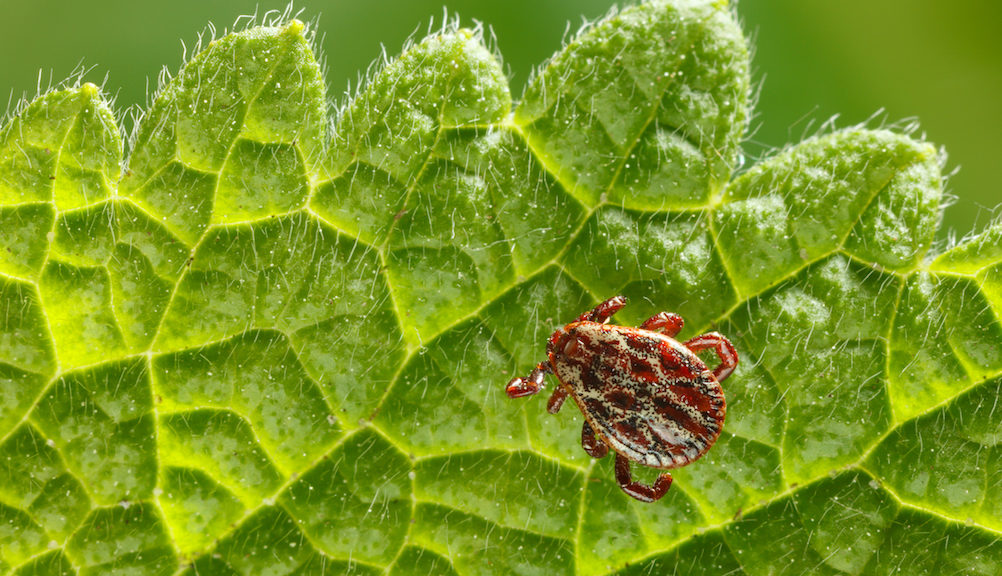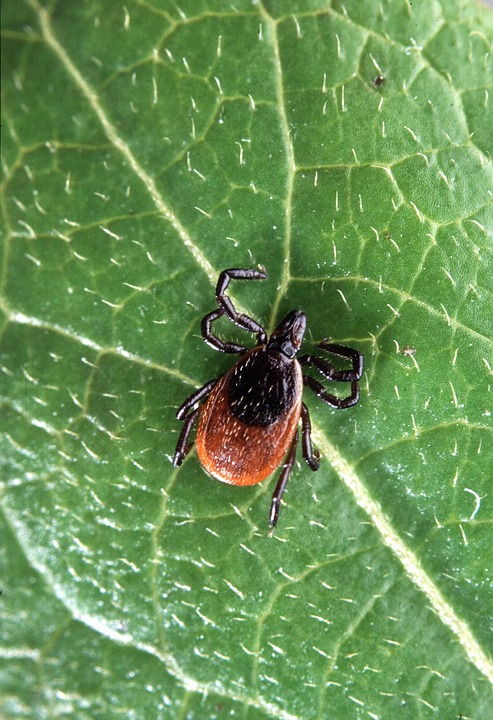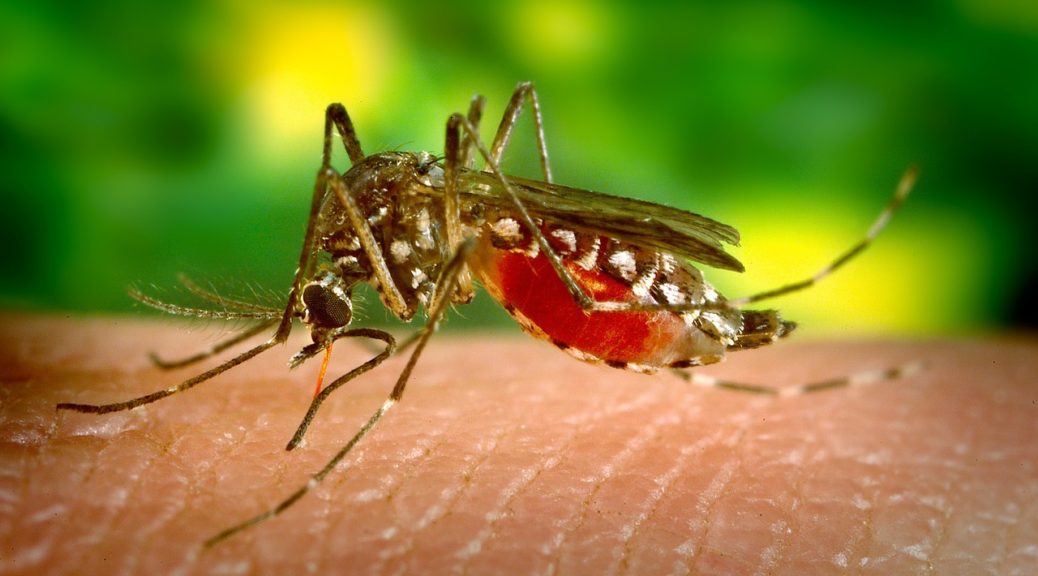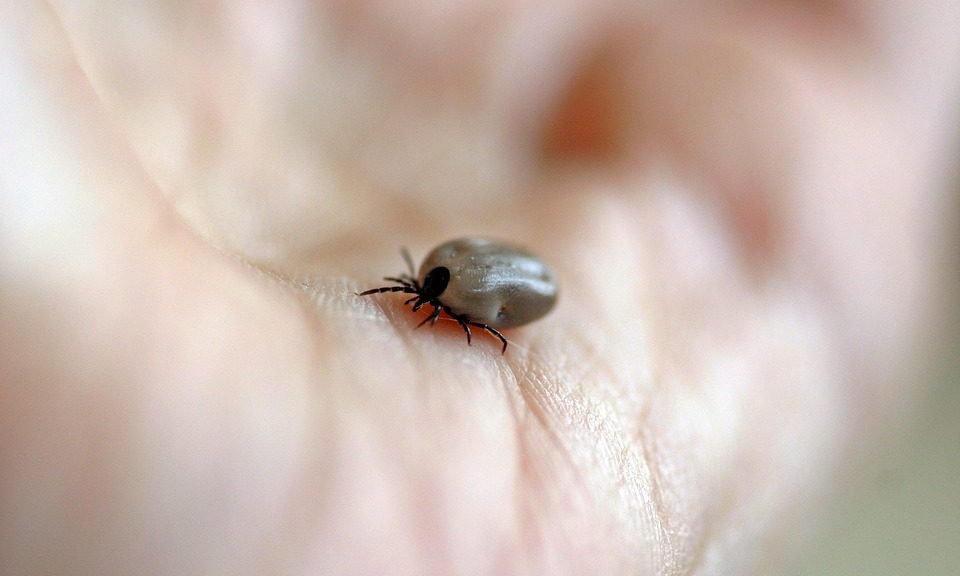Identifying and Removing Ticks
While the weather has certainly been our friend so far this summer, the tick population has not in New Jersey. It seems like there are countless posts appearing on social media and conversations with parents finding ticks on themselves and their little ones. While this could be terrifying, our tips below will help you stay calm.
After you have spotted the tick, the first step is tick removal or retrieval. You will need a good pair of tweezers for this. Clean the area around the bite with rubbing alcohol. Make sure you don’t squeeze the body of the tick, but instead pull out the mouth of the tick with the tweezers. Pull the tick out in a steady motion, making sure not to move it around too much. When the tick is removed, clean the area again with the rubbing alcohol. Don’t fall for the old wives’ tales of using petroleum jelly or burning cigarettes, the method above will work just fine! Give your doctor a call so they can advise you on how to proceed after the bite.
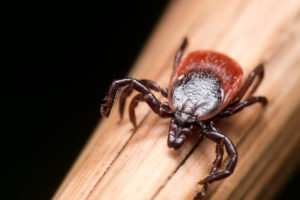
If you live in an area where Lyme disease is common, you might want to save the tick to get it tested. You also might want to hold on to the tick while you monitor your symptoms. (Note, the tick does not have to be alive to have it tested). Make sure to look out for any sort of rash, fever, or flu-like symptoms. If you notice any of these symptoms, visit a doctor immediately.
Some types of ticks are more likely to carry diseases than others. The three most common types of ticks in New Jersey are The Blacklegged Tick, The Lone Star Tick, and The American Dog Tick.
The female blacklegged tick has a red/orange abdomen with a black dorsal shield. It has a teardrop shape and only the female can carry diseases. These ticks primarily carry Lyme in addition to other tick-borne illnesses.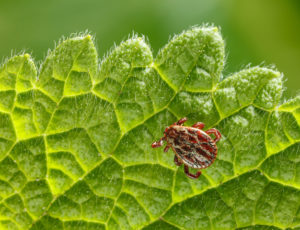
The Lone Star Tick has a single white dot in the center of its body. They are more likely to carry Tularemia and Ehrlichiosis. This is the tick that can cause meat allergies.
The American Dog Tick has a dark brown abdomen and white marks on its dorsal shield. It can also carry Ehrlichiosis but is primarily known for spreading Rocky Mountain Fever.
The good news about a tick bite is that it usually takes a little while for it to spread any of their diseases. If you think the tick has been on you for less than 24 hours, you are likely in the clear.
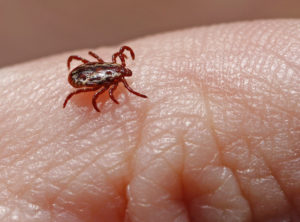
To help ease your worries, you can focus on prevention. Wearing long sleeves and pants outside can help keep ticks from getting on to your skin. And to eliminate the tick population in your own backyard, call one of our professionals today at 973-435-0747. They can assist you with tick and mosquito control, as well as deciding what spray works best for your yard. Stay safe!
 Outside is fun again.
Outside is fun again.
